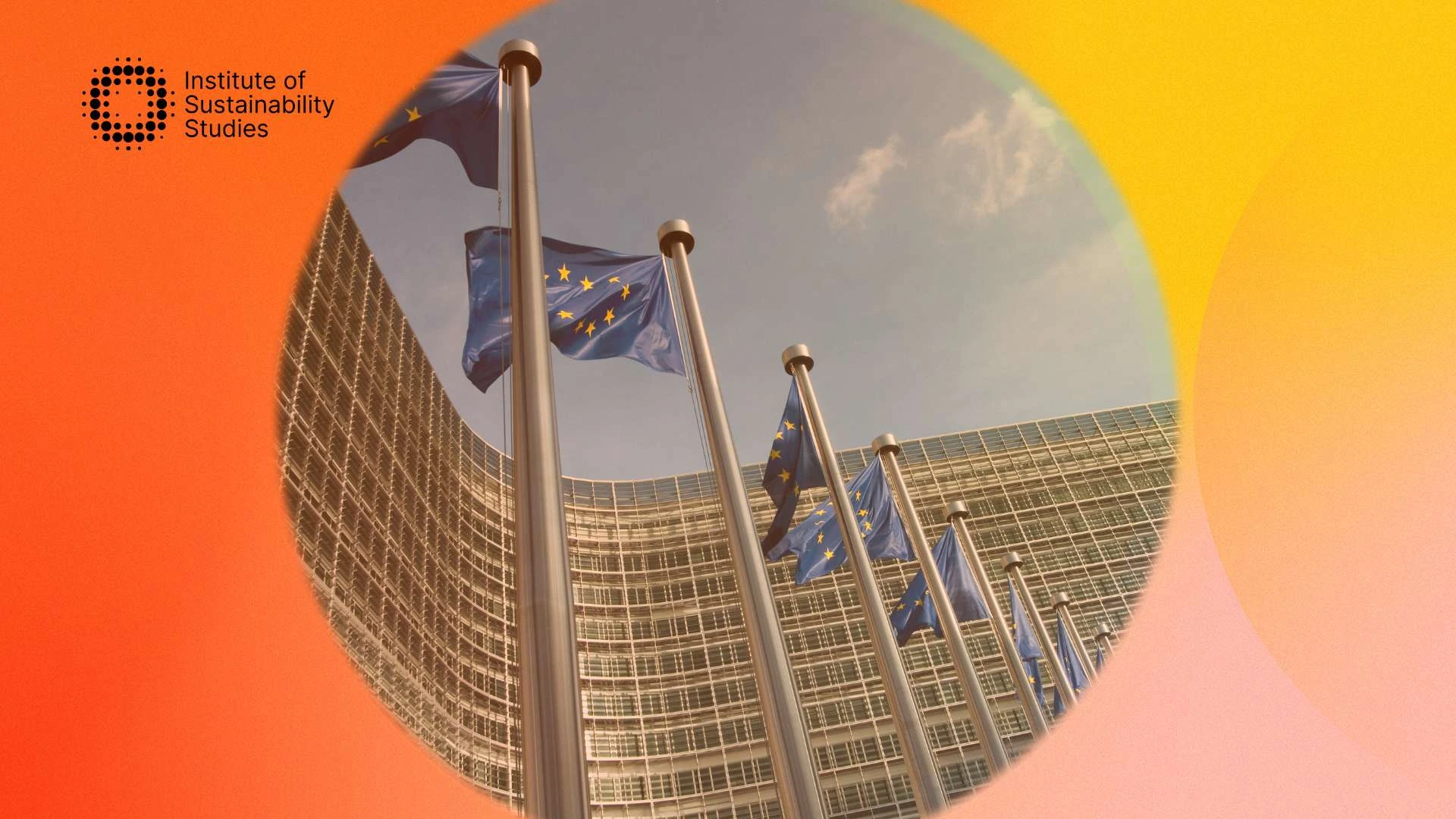Shein greenwashing has led to a $1.16 million fine from Italy’s competition authority (AGCM), following a year-long investigation into the company’s environmental marketing practices. The fast fashion giant was found to have made misleading sustainability claims across product lines, emissions targets, and branded campaigns, including “#SHEINTHEKNOW,” “evoluSHEIN,” and “Social Responsibility.”
Shortly after the ruling was announced, Shein released a new plan to reduce supply chain emissions and divert waste from landfills, prompting renewed scrutiny of its timing, strategy, and credibility. The case is part of a wider trend: growing enforcement around ESG claims and a shift in how corporate sustainability is being regulated. In the below analysis, we dive deeper into this case and what it signals for businesses.
Strengthen ESG credibility and avoid greenwashing pitfalls with expert-led training
Why the Shein greenwashing fine was issued: A closer look at the AGCM investigation
AGCM’s ruling focused on sustainability statements made in Shein’s “#SHEINTHEKNOW,” “evoluSHEIN,” and “Social Responsibility” web sections. The regulator concluded that many of these claims were either too generic to be meaningful, omitted key context, or gave a false impression of recyclability, circularity, or impact.
Key findings included:
- Use of terms like “green fibres” and “circular design” without clarification.
- Promotion of the “evoluSHEIN” collection as recyclable and environmentally superior, without disclosing its small share in overall production.
- Emissions reduction targets (25 percent by 2030, net zero by 2050) that appeared inconsistent with Shein’s own rising emissions data for 2023 and 2024.
AGCM stated that these representations could mislead consumers into overestimating the environmental value of Shein’s products and operations – a clear breach under EU consumer protection and advertising laws.
Shein’s response to the greenwashing fine
On the same day the Shein greenwashing fine was announced, the company unveiled a detailed plan to decarbonise its logistics operations in China. The strategy includes:
- Introducing over 130 electric vehicles for interwarehouse transportation
- Replacing diesel trucks with custom-designed 9.6m electric alternatives
- Optimising multimodal freight routes and reducing packaging weight
- Expanding zero-emission delivery vehicles in Europe
- Promoting self-pick-up options and lighter packaging materials
- Achieving Zero Waste to Landfill certification at 7 managed sites
Shein estimates that these logistics changes could cut nearly 10,000 metric tonnes of CO₂ annually, alongside significant cost savings. The company also claimed a waste diversion rate of 99.59 percent at certified sites, incorporating energy recovery into waste management systems.
ESG credibility isn’t built overnight, or in a press release
The scale of Shein’s new sustainability announcements might suggest a pivot toward more responsible business practices. But for many observers, the timing of the logistics announcement (released within hours of a greenwashing fine) raises concerns about sincerity and strategic optics.
While Shein said it cooperated with regulators and updated its website claims, the case highlights a deeper tension at the heart of modern sustainability communication: Are brands investing in lasting, measurable change, or simply building narratives that appear to?
The difference lies in governance, traceability, and third-party validation. It’s no longer enough to set high-level climate targets or showcase niche eco-product lines. Regulators, consumers, and investors increasingly expect that claims are specific, backed by evidence, and proportional to a company’s actual footprint.
What does this mean for businesses navigating ESG disclosure?
The Shein greenwashing case is part of a broader global crackdown on greenwashing and false environmental advertising, particularly in sectors like fashion, where value chains are opaque and fast-paced. It sends a clear signal to businesses:
- Sustainability claims are now a regulatory risk
- Lack of precision or context in messaging can lead to legal, financial, and reputational consequences
- Supply chain transparency and emissions credibility are becoming minimum expectations, not leadership differentiators
Conclusion: ESG communication must match ESG performance
The Shein greenwashing case highlights a growing reality for businesses: sustainability claims carry real regulatory, financial, and reputational consequences. In complex, fast-paced sectors like fashion, scrutiny around ESG communication is intensifying, and so is the expectation for clarity and evidence. For companies disclosing ESG performance, credibility depends on precision, transparency, and alignment between messaging and measurable action.
Stakeholders expect more than high-level commitments; they expect sustainability to be embedded across operations, supply chains, and decision-making processes. Business sustainability is an organisational commitment that demands robust governance, cross-functional capability, and consistent delivery.
At the Institute of Sustainability Studies, we support organisations in building this capability from within. Our corporate sustainability training equips teams with the tools to design and implement ESG strategies that can withstand external scrutiny, strengthen stakeholder trust, and deliver long-term business value. In a landscape shaped by accountability, the most credible brands are those able to demonstrate impact, as the Shein greenwashing case makes clear.
Dedicated to harnessing the power of storytelling to raise awareness, demystify, and drive behavioural change, Bronagh works as the Communications & Content Manager at the Institute of Sustainability Studies. Alongside her work with ISS, Bronagh contributes articles to several news media publications on sustainability and mental health.
- Bronagh Loughlinhttps://instituteofsustainabilitystudies.com/insights/author/bronagh/
- Bronagh Loughlinhttps://instituteofsustainabilitystudies.com/insights/author/bronagh/
- Bronagh Loughlinhttps://instituteofsustainabilitystudies.com/insights/author/bronagh/
- Bronagh Loughlinhttps://instituteofsustainabilitystudies.com/insights/author/bronagh/









